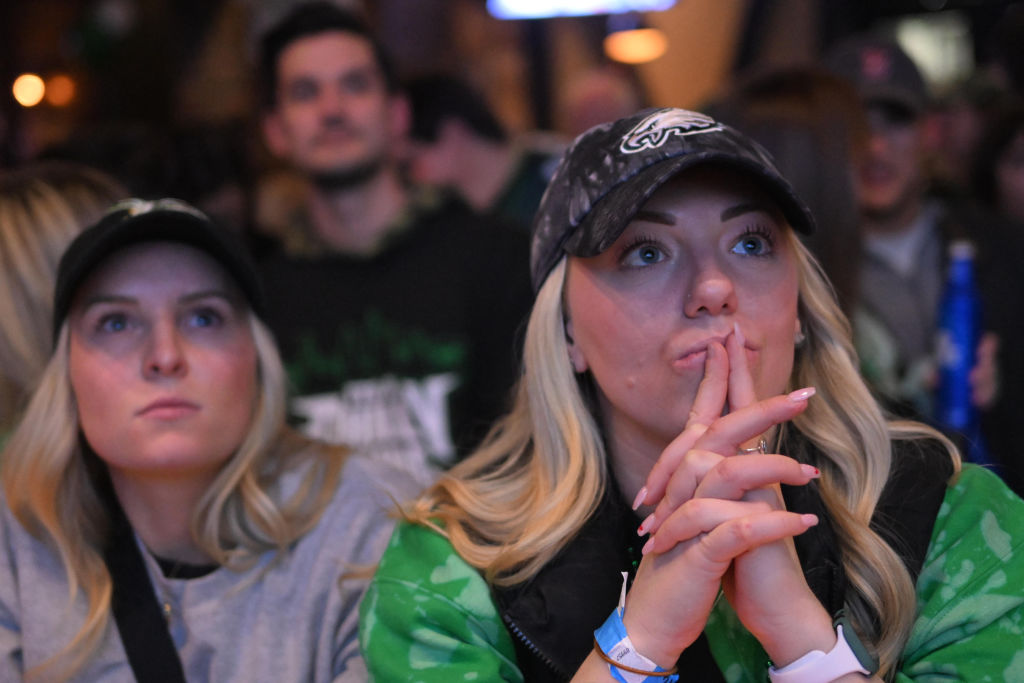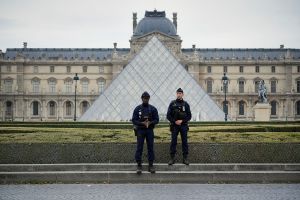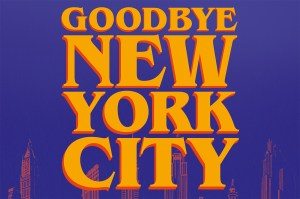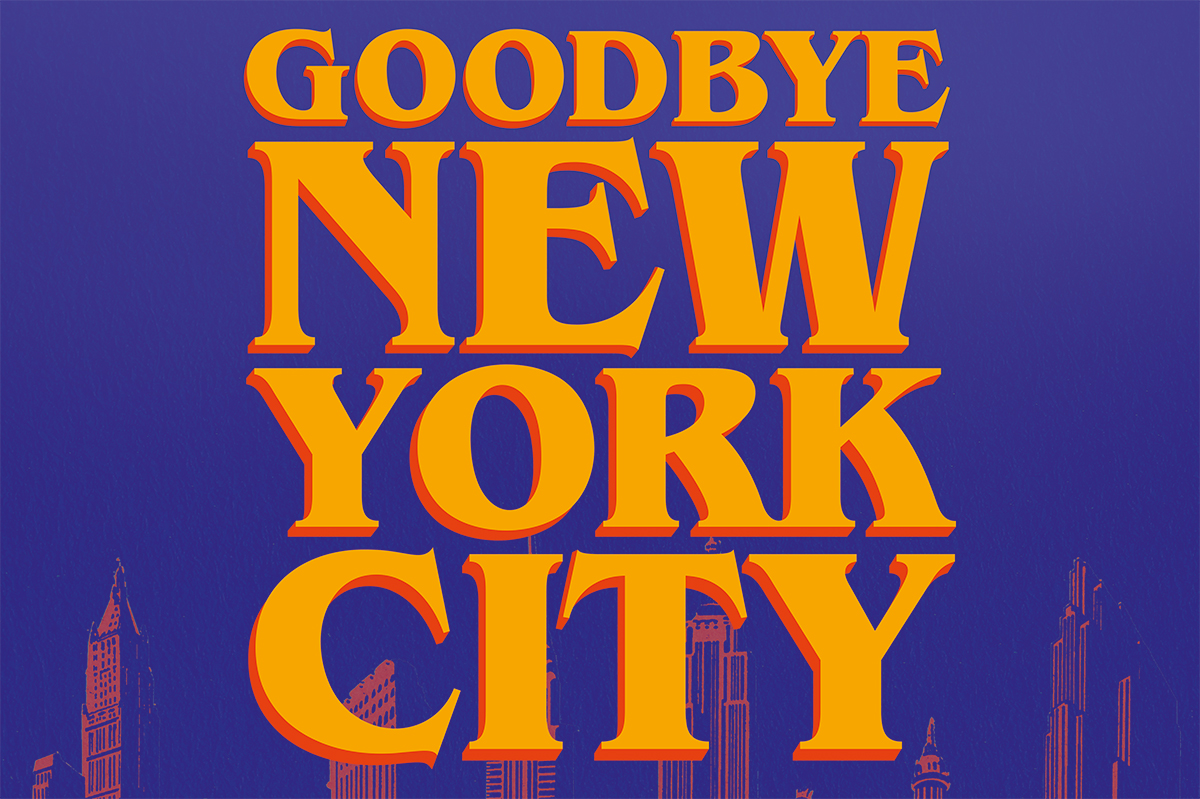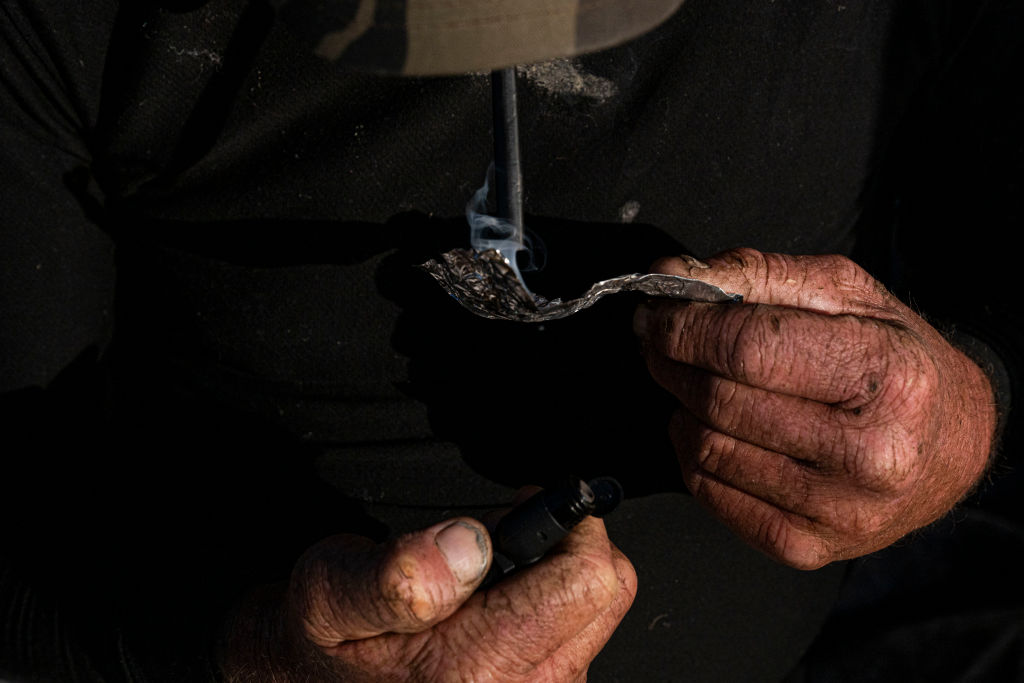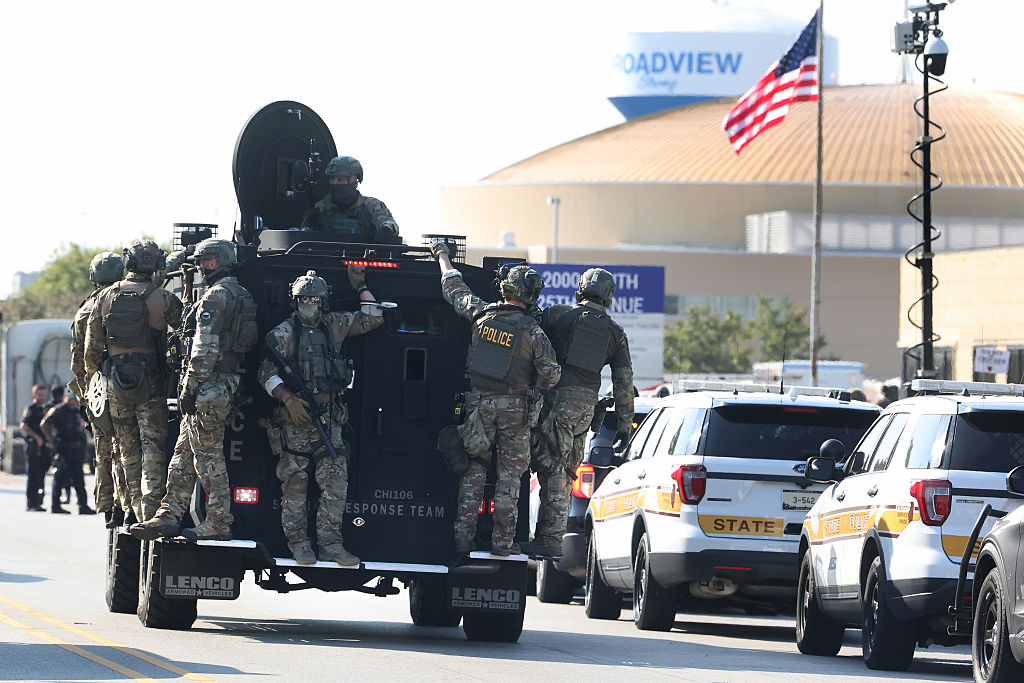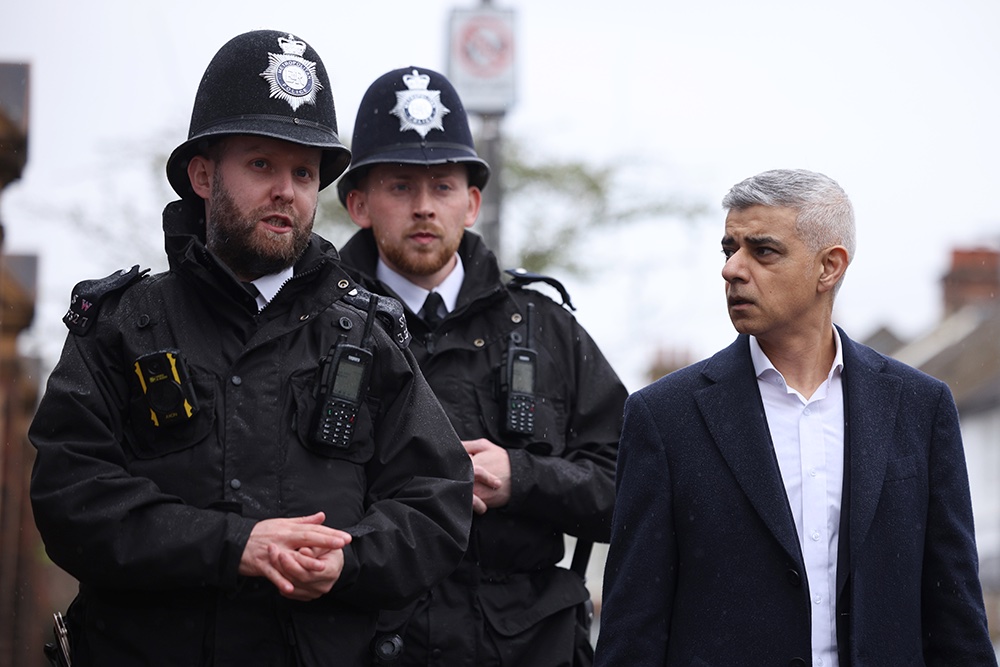In the run up to the Super Bowl, writers were tripping over themselves trying to capture the essence of the Philadelphia Eagles Fan™. Most of these observations focused on the degenerate behavior of a few diehards after key games, or the nonsensical yet diverse array of superstitious traditions (looking at you, guy who runs into the underground pillars on the Broad Street Line on purpose). Some dug up the old chestnut about Santa Claus getting pelted by snowballs at an Eagles game — ignoring that many of the fans responsible for that misadventure died without ever seeing the Birds win a ring.
And some, especially on the right, will now use the Eagles’ latest Super Bowl loss as yet another opportunity to dunk on the City of Brotherly Love, which for several years now has topped the charts as the poorest among the nation’s top 25 most populous cities. They’ll hold up this weekend’s predictable hijinks and hooliganism as a metaphor in miniature for the failings of Philadelphia writ large.
To be sure, to love this city is to know its shortcomings. Many of its people are poor. Its rate of violent crime is deeply worrisome (sociologists can argue which is the chicken and the egg here). And yes, Democrats have controlled Philly without interruption since 1952.
But why should we trade away the birthplace of the American Republic for red-meat talking points? History alone should necessitate that any red-blooded American share a special appreciation for Philly. Unlike other major colonial cities, Philadelphia’s history and major luminaries don’t require the same apologies for slavery as Williamsburg or Charleston. City founder William Penn was a Quaker opposed to slavery. Polymath and statesman Ben Franklin was an abolitionist, unlike other signers of the Declaration and the Constitution.
Over a century after the Founding, Philadelphia was the premiere northeast American city. During the Gilded Age, it was the largest manufacturing center in the country. Major industrialists built summer homes on the still-wealthy Main Line. When cream cheese was invented in the 1870s by a New Yorker, he chose to brand his product with the Philadelphia name, associating it with Philly’s reputation for superior wealth, class, and dairy production.
Economic advancements took their toll eventually. Established businesses consolidated, closed, or relocated to surrounding suburbs. Jobs evaporated. All of this contributes to the city’s brain drain today. Philly’s geographic proximity means that our best and brightest move south to DC or north to New York in pursuit of more opportunities and prestige.
Yet Philly has never wanted for high culture. The Philadelphia Museum of Art, Pennsylvania Academy of Fine Arts, Rodin Museum, and more recently, the Barnes Foundation house world-class collections of art and sculpture. The Philadelphia Orchestra, Philadelphia Ballet, and Curtis Institute of Music compete directly with New York City for the best talent. Heck, the same day the Eagles won their trip to the Super Bowl, the Orchestra performed at Carnegie Hall with classical piano superstar Yuja Wang in an ambitious program featuring all four of Rachmaninoff’s piano concertos — including his Fourth, written specifically for the Philly O.
For some reason, these Philadelphian accomplishments never seem to register. More people would rather take a selfie on the steps of the art museum — and risk triggering a curse — with the Rocky statue than go inside and see the masterpieces. The performing arts companies routinely play the fight song in Eagles jerseys to break through the noise, conceding that in the minds of most, their contributions are second-tier compared to the Birds’ offensive line. But they do it lovingly, in support of their city.
So that chip on Philly’s shoulder, that rudeness you detect? That developed over more than a half century of neglect, underappreciation, and low expectations. Right-leaning politicians abandoned Philadelphia, its people and its promise — despite the obvious passion, talent, and a desire to thrive. The Eagles Fan™ simply channels these slights into a nearly self-destructive love for our football team.
If Philly will not be appreciated for its contributions, then it will wear as a badge of pride the disdain of anyone who fails to see its virtues. It will lean into the underdog, working-class narrative that others wrote for it, and celebrate whatever accolades it can get, playing the hand it was dealt.
To quote our heroic center, the best son of Donna, Jason Kelce: “No one likes us, and we don’t care.” Because Philadelphia can’t afford to.



